Early morning in My Quang fishing village, Tuy An Nam commune, fishermen have just returned after a night at sea. On the shore, laughter and chatter mixed with the sound of boat engines. Among the stories about fish and shrimp, there is still a special topic: Thanks to the whale's guidance, the boats returned safely, with holds full of fish.
In folk beliefs, the whale is respectfully called the South Sea Whale. The village elders say that, long ago, whenever a storm came, the whale often appeared to save ships in distress.
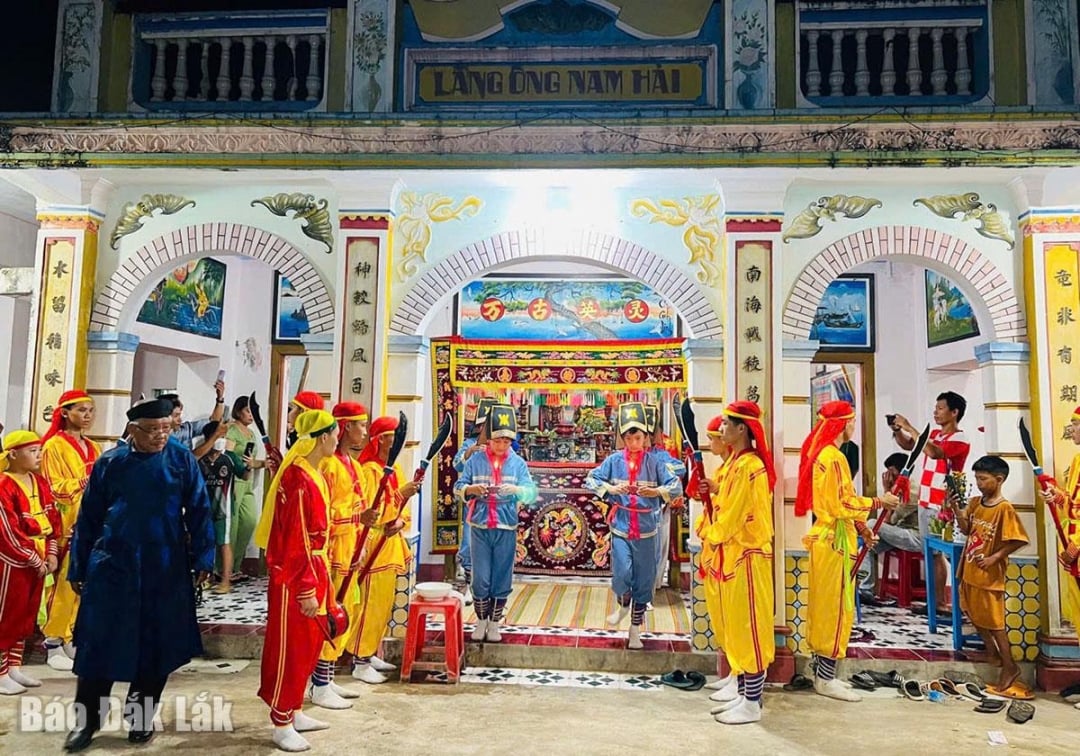 |
| Offering sacrifices to the gods at Ong Nam Hai mausoleum, Binh Kien ward. |
Mr. Le Tan Luc, who has been fishing in My Quang fishing village for more than 50 years, said: “At that time, I was in my early 20s. One time, I was on a boat out at sea when a storm suddenly appeared. The waves were as high as the roof of a house and the boat shook violently. We used all our strength to keep the oars steady, but the wind was so strong that the boat lost its direction. At that time, everyone thought it would be difficult to escape. Everyone prayed to the god of the South Sea. However, not long after, the sky and sea were calm. We returned safely.”
In Dong Tac fishing village, Phu Yen ward, stories about whales still exist every day through each trip to the sea. People say that a few years ago, a fisherman fell into the sea during a storm while fishing, and thought he was dead, but suddenly he saw a shiny black fish's back rise up and carry him safely to shore. Or sometimes when the boat encountered a storm, the whale appeared and guided the boat to calm waters.
Whale is also associated with the prosperity of the river and fishermen. Every time the Whale appears near the shore, it is the presence of the sea god, a sign that the upcoming sea season will have lots of fish and shrimp, bringing a prosperous life to the people.
When a fish carcass washed ashore, it is called “Mr. Luck”, fishermen organize a funeral and bury it carefully. After 1-3 years, the village committee will hold a ceremony to invite the fish’s remains to the mausoleum. This is a beautiful tradition that has been preserved for many generations.
But the story of whales saving people is not just a legend. According to scientists , whales are marine mammals, only eat zooplankton, breathe through lungs and often follow boats or floating objects in the sea to find calm waters. This behavior unintentionally creates stories of "saving people" and builds trust for fishermen.
Over the years, the whale worshiping belief has remained intact. Almost every fishing village along the coast has a shrine. There are currently about 41 whale shrines along the coastal areas of the province. The shrines often have the appearance of a communal house, built near the sea and facing the East. Wherever there is a whale shrine, the Whale Worship Festival is held every year. The festival has also been honored as a National Intangible Cultural Heritage.
The Nam Hai Whale Temple (Long Thuy Temple) in Binh Kien Ward is one of the typical whale worshiping sites. This is a very important religious establishment in the spiritual life of local people, imbued with the identity of the fishing community. The temple has a house-frame architecture (commonly called a frame) made of sturdy wood, a roof covered with scale tiles, and surrounding walls built of coral material up to 50 cm thick.
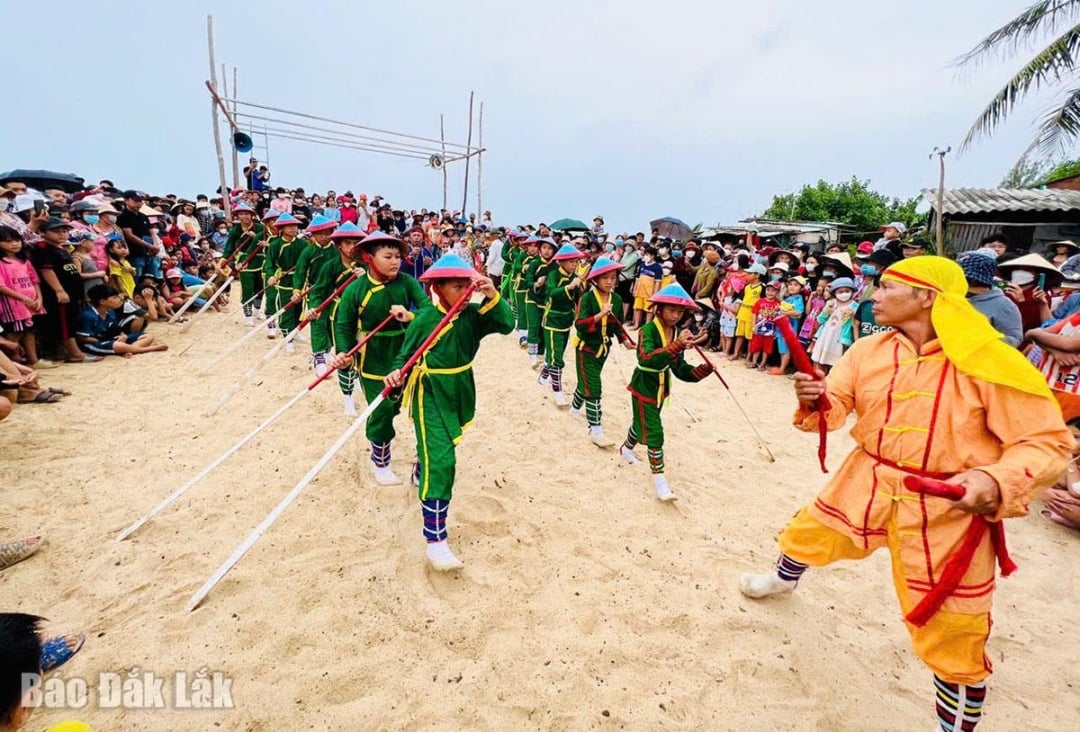 |
| Hat Ba Trao - a type of folk performance in the Cau Ngu festival. |
The mausoleum is preserving about 20 sets of whale bones. Every year, local fishermen hold a Cau Ngu festival to recreate the whale worship custom, expressing the spiritual needs of the people in the area. Mr. Nguyen Cho, Head of the Long Thuy mausoleum's Management Board, said: The whale worshiped in the mausoleum is very sacred and associated with many mysterious stories, especially in helping fishermen stay steadfast when going out to sea, contributing to protecting the sacred sovereignty of the sea and islands of the Fatherland.
The Cau Ngu Festival does not have a common unified date, each place depends on the first whale day or the decision of the village committee. The festival is expressed through unique rituals and rich folk performances. Everyone in the village joins hands to prepare each offering, carefully preparing the offering tray. They are serious in every hour and minute of the ceremony, respectfully and sincerely sending their faith to Mother Sea, praying for a year of favorable weather and wind, with a full hold of fish and shrimp. That is also the spiritual strength for the Cau Ngu Festival to be maintained and continued for hundreds of years, through many generations of fishermen, to preserve a special cultural space.
According to fishermen, the Cau Ngu festival can be seen as a factor that balances many worries and anxieties in daily life. The festival is also an occasion for boat owners and fellow fishermen to visit each other, between boat owners and fishermen, to strengthen the relationship between the village and the neighbors. This is also an opportunity for fishermen to have fun and relax after months of hard work, connecting the community and tourists.
In recent years, the Cau Ngu festival is not only a cultural event, but is gradually becoming a typical local tourism product. In the modern tourism trend, where tourists not only seek beautiful scenery but also desire profound local experiences, cultural heritages such as the Cau Ngu festival are valuable assets to exploit and stimulate sustainable tourism growth.
Mysterious stories about the whale were told by one person to another, from the fishing port to the roadside tea shop, becoming the collective memory of the whole village. People had more faith in the whale, and felt secure going out to sea, believing that when in trouble, the whale would appear to protect the fishermen.
Source: https://baodaklak.vn/xa-hoi/202508/ve-lang-chai-nghe-chuyen-ong-nam-hai-df20df4/


![[Photo] General Secretary To Lam chairs the meeting of the Central Steering Committee on preventing and combating corruption, waste and negativity](https://vphoto.vietnam.vn/thumb/1200x675/vietnam/resource/IMAGE/2025/9/29/fb2a8712315d4213a16322588c57b975)
![[Photo] National Assembly Chairman Tran Thanh Man chairs the 8th Conference of full-time National Assembly deputies](https://vphoto.vietnam.vn/thumb/1200x675/vietnam/resource/IMAGE/2025/9/29/2c21459bc38d44ffaacd679ab9a0477c)
![[Photo] General Secretary To Lam receives US Ambassador to Vietnam Marc Knapper](https://vphoto.vietnam.vn/thumb/1200x675/vietnam/resource/IMAGE/2025/9/29/c8fd0761aa184da7814aee57d87c49b3)

![[Photo] General Secretary To Lam attends the ceremony to celebrate the 80th anniversary of the post and telecommunications sector and the 66th anniversary of the science and technology sector.](https://vphoto.vietnam.vn/thumb/1200x675/vietnam/resource/IMAGE/2025/9/29/8e86b39b8fe44121a2b14a031f4cef46)
![[Photo] Many streets in Hanoi were flooded due to the effects of storm Bualoi](https://vphoto.vietnam.vn/thumb/1200x675/vietnam/resource/IMAGE/2025/9/29/18b658aa0fa2495c927ade4bbe0096df)
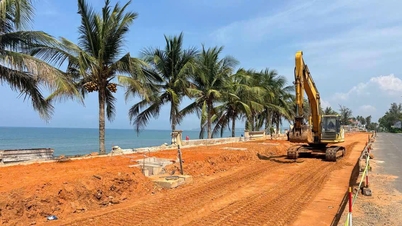

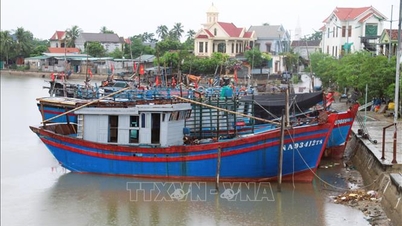

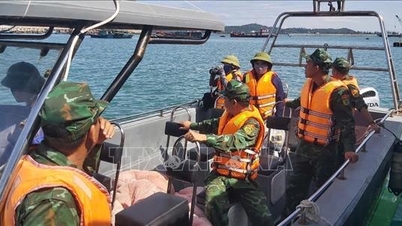


![[Photo] Peaceful Ninh Van fishing village](https://vphoto.vietnam.vn/thumb/402x226/vietnam/resource/IMAGE/2025/9/6/ec6d63f81dee4b52a765af858cebc9cf)

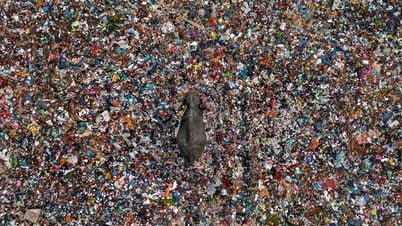

![[Infographics] Time, location, content of the 1st Congress of An Giang Provincial Party Committee, term 2025 - 2030](https://vphoto.vietnam.vn/thumb/402x226/vietnam/resource/IMAGE/2025/9/30/fed466586ad84c3ebea914be993018ca)


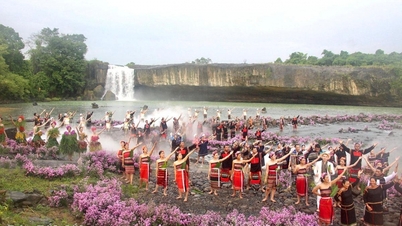










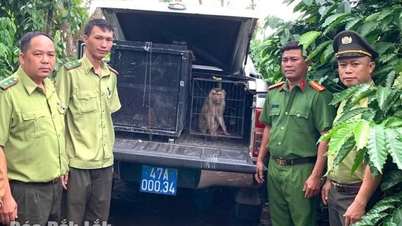


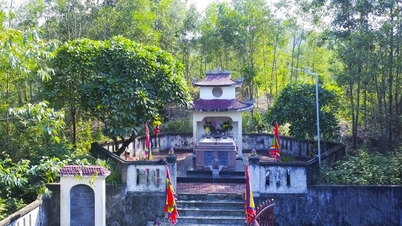
















































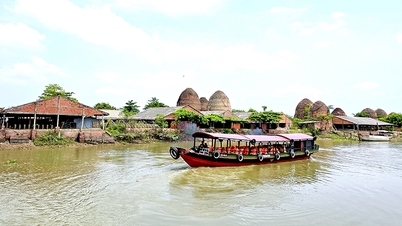



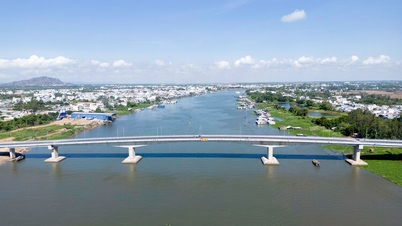










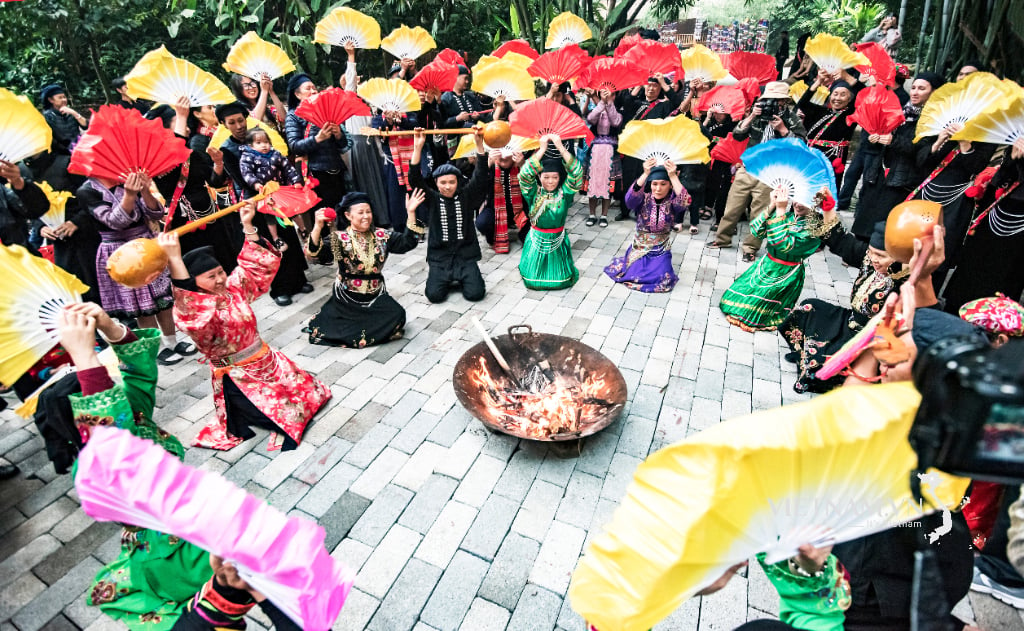

Comment (0)